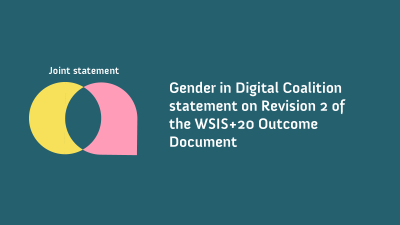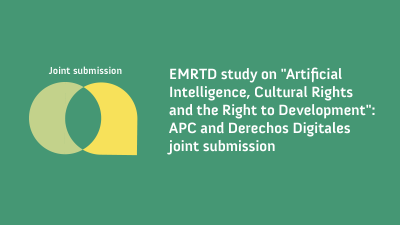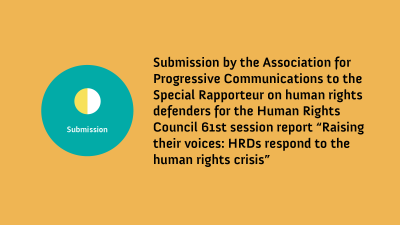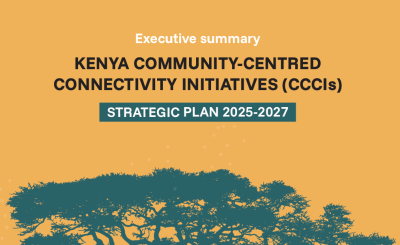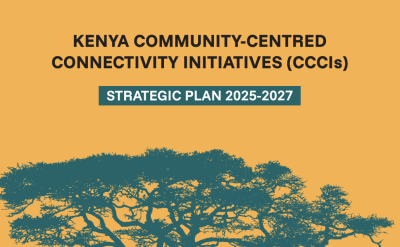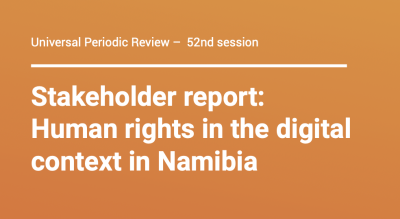Publications
This section is an active and comprehensive repository of the latest research reports, policy and issue papers, presentations, statements and positions, toolkits, guides, and other relevant publications produced by APC and its members and partners.


